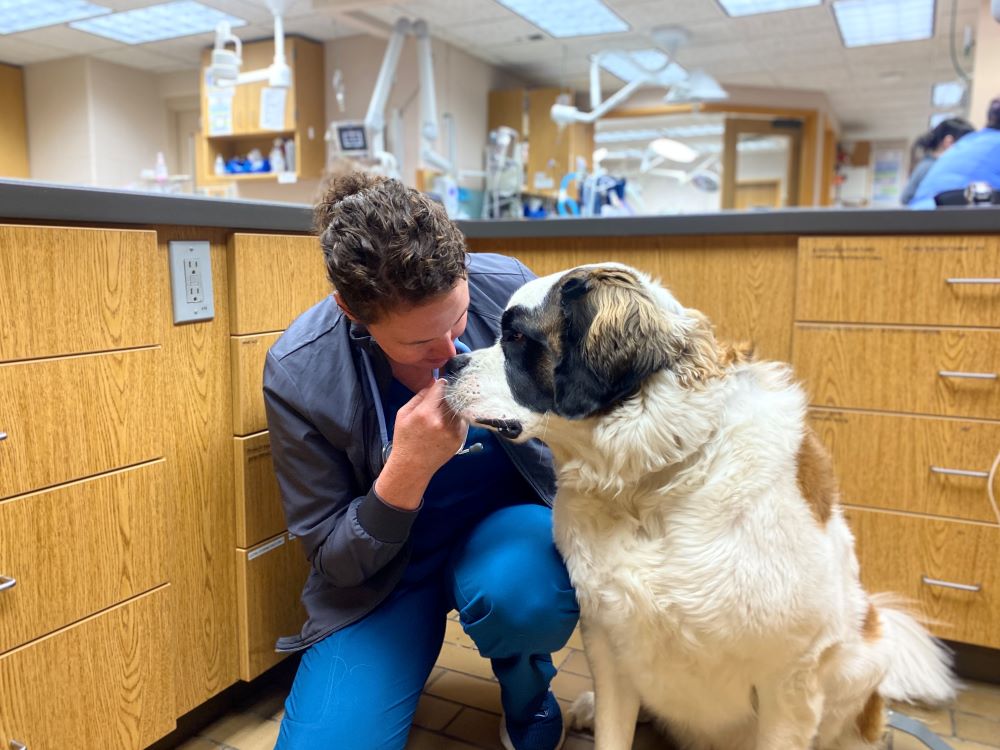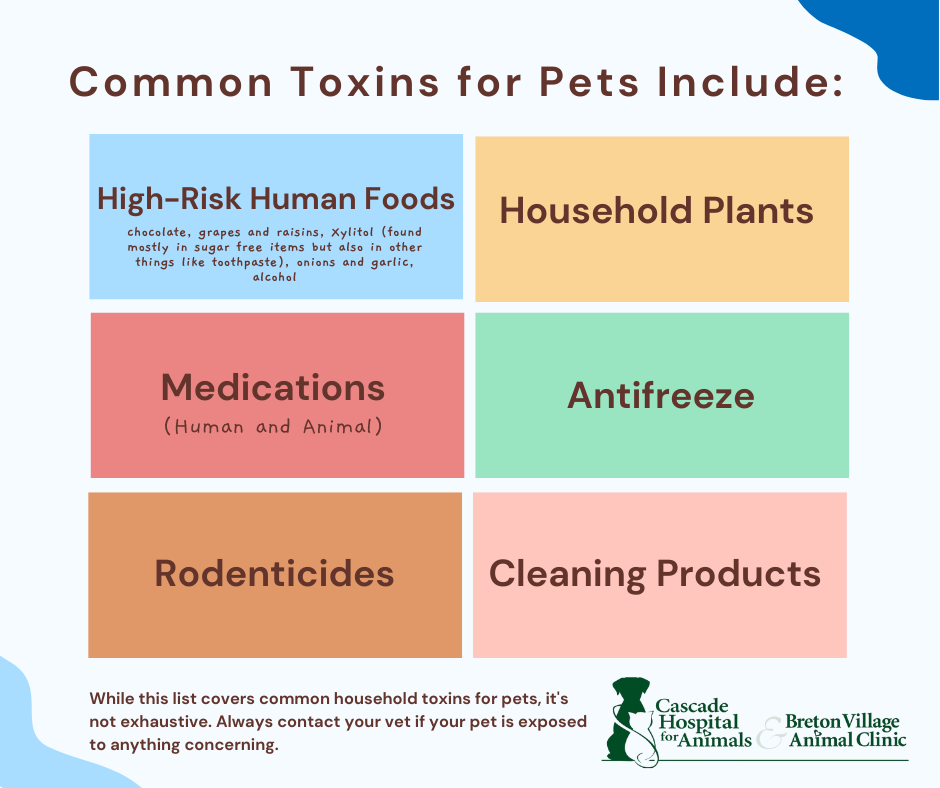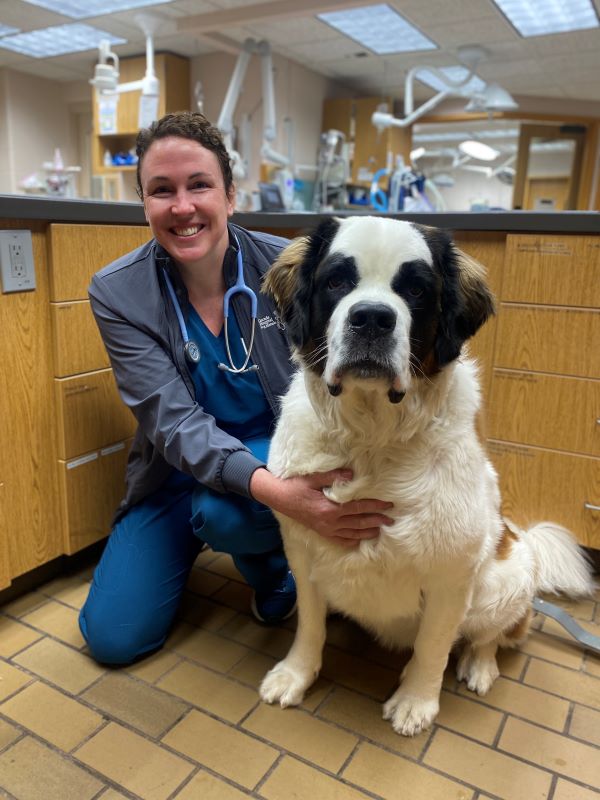
Understanding Pet Emergencies
Keeping our pets safe is crucial, but unexpected emergencies can leave us unsure of what to do. To shed light on this crucial topic, we turn to the expertise of Dr. Becky Schaffer, a seasoned veterinarian here at Cascade Hospital For Animals in West Michigan, with a wealth of experience in handling pet emergencies. Let’s delve into her insights on what constitutes a pet emergency, signs to watch out for, and essential first-aid measures to take at home.
Identifying a Pet Emergency:
"Recognizing signs of distress in pets is crucial for timely intervention," emphasizes Dr. Schaffer.
She emphasizes several key indicators that pet owners should be vigilant about:
- Sudden Changes in Behavior: Whether it's collapsing, hiding, reluctance to move, or hyperactive behavior, abrupt shifts in your pet's demeanor could signify an underlying issue requiring immediate attention.
- Gastrointestinal Distress: Persistent vomiting occurring more than twice within a 24-hour period or profuse, liquid diarrhea warrants prompt evaluation by a veterinarian.
- Uncontrolled Bleeding: If your pet experiences bleeding that does not cease within 10 minutes, it’s imperative to take action to stem the flow and seek professional assistance promptly.
- Traumatic Injuries: Traumas such as falls from heights, collisions with moving vehicles, or any significant physical injury necessitate urgent veterinary care.
First Aid Measures at Home:
In the event of a pet emergency, Dr. Schaffer states, “taking swift action can make a world of difference," underscoring the importance of taking immediate, preliminary steps to stabilize your furry friend before seeking professional help. Here are some essential first-aid measures she recommends:
- Apply Pressure to Bleeding Wounds: Utilize a clean, dry fabric to apply pressure to any bleeding wounds, helping to control the bleeding until veterinary care can be administered.
- Ensure Safety: Place your pet in a safe area where it cannot injure itself further, minimizing the risk of exacerbating any existing injuries.
- Collect Packaging of Toxins: If your pet has been exposed to a potentially toxic substance, gather any packaging or relevant information about the toxin to provide to the veterinarian, aiding in swift and accurate treatment.
Dealing with Toxic Ingestions:
Dr. Schaffer highlights the common household items that pose a threat to pets, including medications (both human and veterinary), antifreeze, certain plants like Sago palm, lilies and many others, rodenticides, and moldy materials.

For a more comprehensive list of common pet toxins, visit the American Animal Hospital Association page here.

Contact Your Veterinarian: Immediately reach out to your veterinarian for guidance on managing the situation. Depending on the severity, they may direct you to call pet poison control hotlines for further assistance.
Pet Poison Hotlines: Dr. Schaffer recommends two reputable resources for pet poison emergencies: the Pet Poison Helpline at 855-764-7661 and the ASPCA Animal Poison Control at 888-426-4435. These hotlines can provide expert advice tailored to your pet's specific situation.
Prevent Further Exposure: Remove your pet from the area where the exposure occurred to prevent additional ingestion or absorption of toxins.
Dr. Schaffer emphasizes the importance of proactive measures and swift action when faced with a pet emergency. By staying informed, vigilant, and prepared, pet owners can effectively safeguard the well-being of their beloved companions, ensuring they receive the care and attention they deserve in times of need.
If you are concerned about your pet, please reach out to our office for guidance and support at 616.949.0960 —we are here to assist!
Located in the heart of West Michigan, serving Ada, Cascade, Forest Hills, and the greater Grand Rapids area, Cascade Hospital for Animals is a trusted haven for pet care. Reach out today if you are in need of an appointment.



